Meet the dorado octopus, a newly described deep sea cephalopod with some seriously alien features. A remotely operated vehicle took incredible images of this species and its habitat, including just-hatched babies and a field brooding females. Click through for our top science stories from this week.
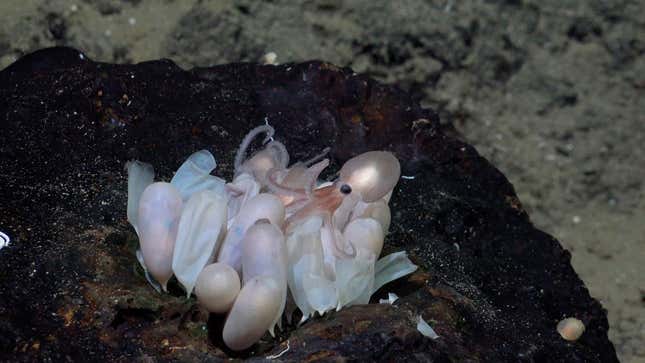
A team of scientists working off the coast of Costa Rica have identified four previously unknown deep-sea octopus species in the vicinity of hydrothermal springs on the ocean floor. They also discovered two octopus nurseries affiliated with the springs, both of which belong to the newly christened dorado octopus. The researchers determined that the dorado octopus is a member of the deep-sea genus Muusoctopus. – Isaac Schultz Read More
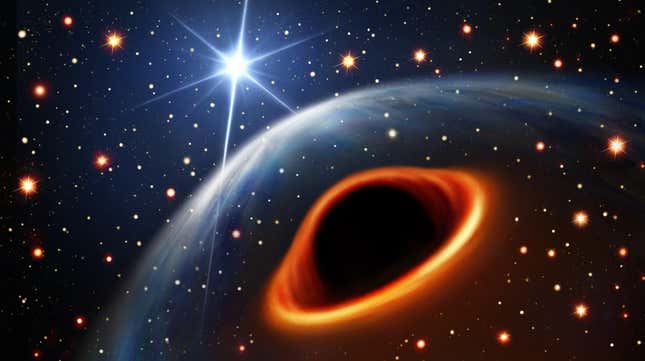
Astrophysicists found a compact object 40,000 light-years from Earth that is either a very massive neutron star or an itsy-bitsy black hole, but they’re not sure which. – Isaac Schultz Read More
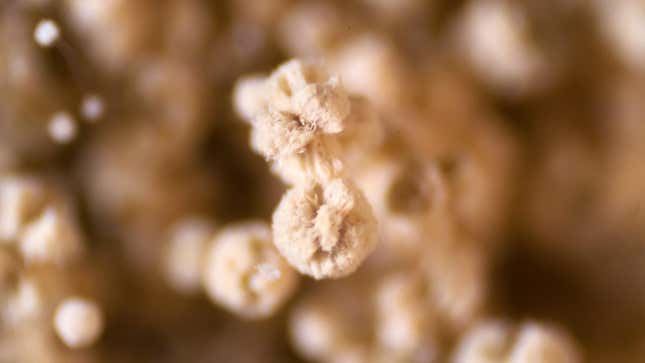
The global burden and death toll of fungi has substantially climbed over the past decade, new research finds. The study estimates that fungal infections help kill nearly 4 million people annually—almost double the amount estimated by similar research in 2012. Co-infections like HIV and tuberculosis, a lack of speedy and reliable diagnostic testing, and growing antifungal resistance are thought to be major contributors to these deaths. – Ed Cara Read More
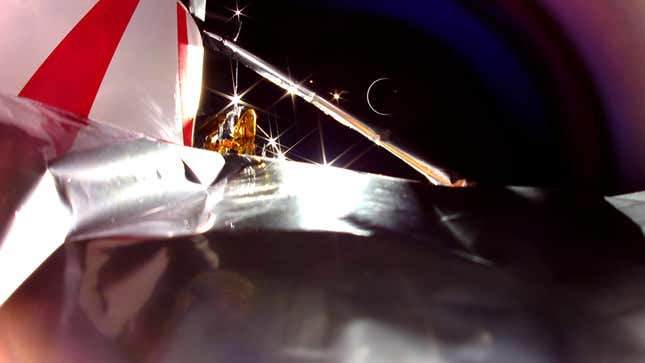
The saga of Peregrine is coming to a tragic end, with the lunar lander scheduled for reentry through Earth’s atmosphere after failing to touch down on the Moon. – Passant Rabie Read More
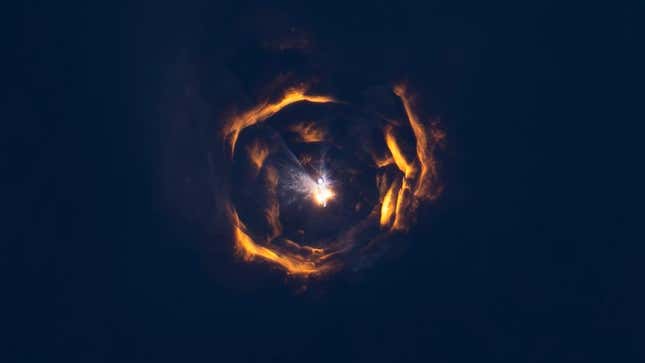
Elon Musk recently revealed that the explosion of the Starship’s upper stage this past November during its second test flight was caused by a propellant dump gone wrong. Despite this setback, the incident will not impact the megarocket’s upcoming scheduled flight in February, according to the SpaceX CEO. – George Dvorsky Read More

The third private mission to the International Space Station (ISS) is getting ready to launch an all-European crew, along with dozens of scientific experiments, to low Earth orbit. – Passant Rabie Read More
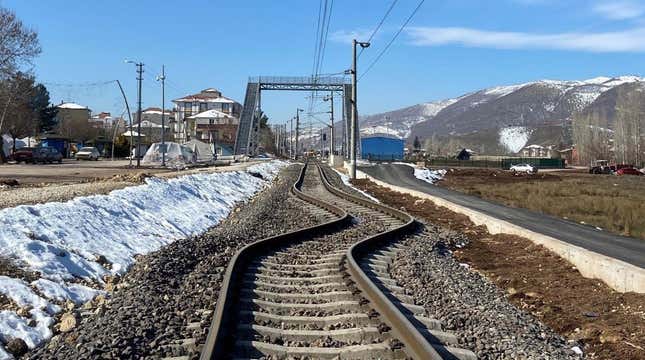
The earthquake that struck Turkey and Syria on February 6, 2023 caused widespread devastation and killed more than 50,000 people. Now, a team of geoscientists have released striking images and drone footage of the fault line that shifted the ground across the region, and used it to map how the quake started and spread. – Isaac Schultz Read More
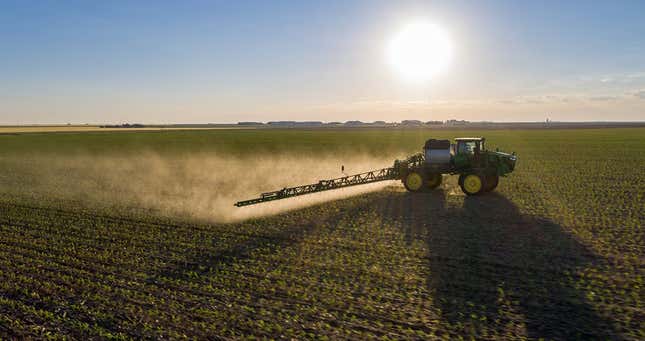
SpaceX is collaborating with agricultural industry giant John Deere to provide satellite internet connectivity, enabling its tractors to operate autonomously and communicate with each other in rural areas. – Passant Rabie Read More






